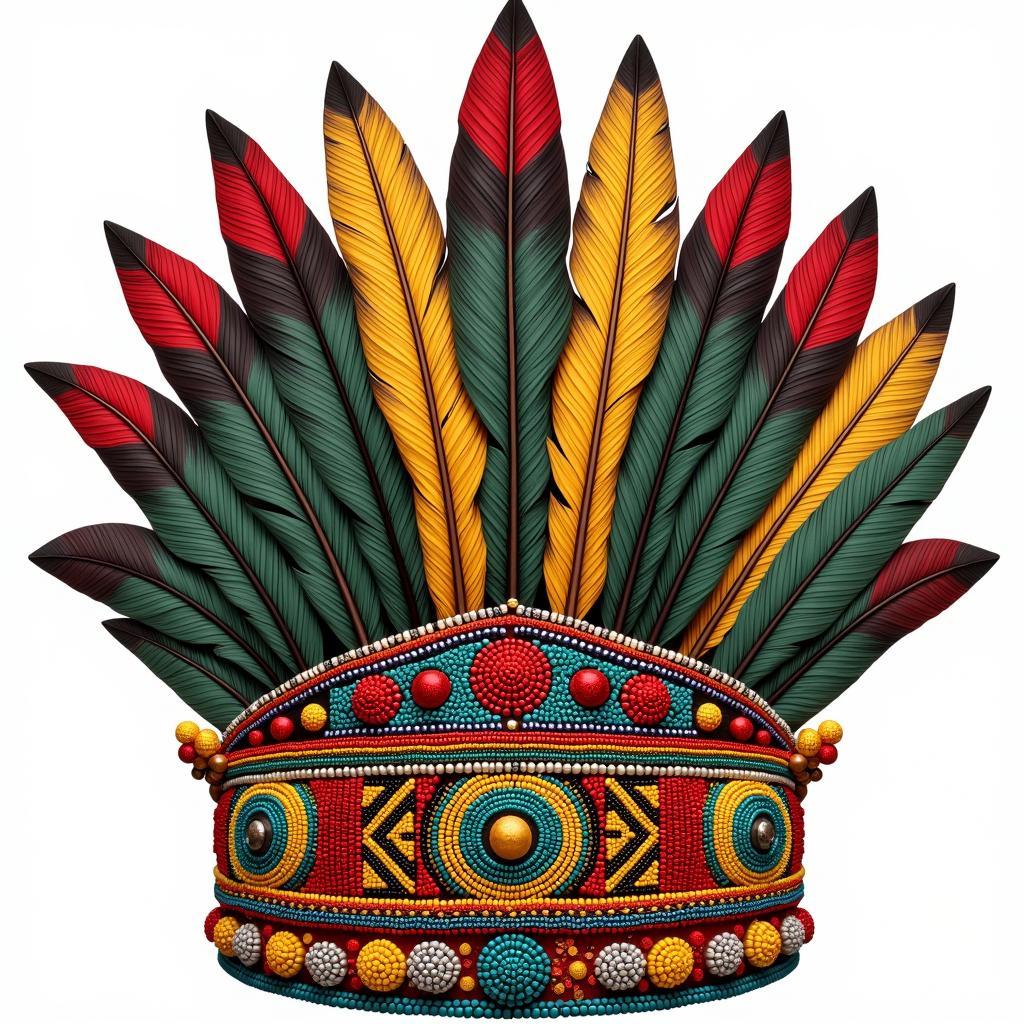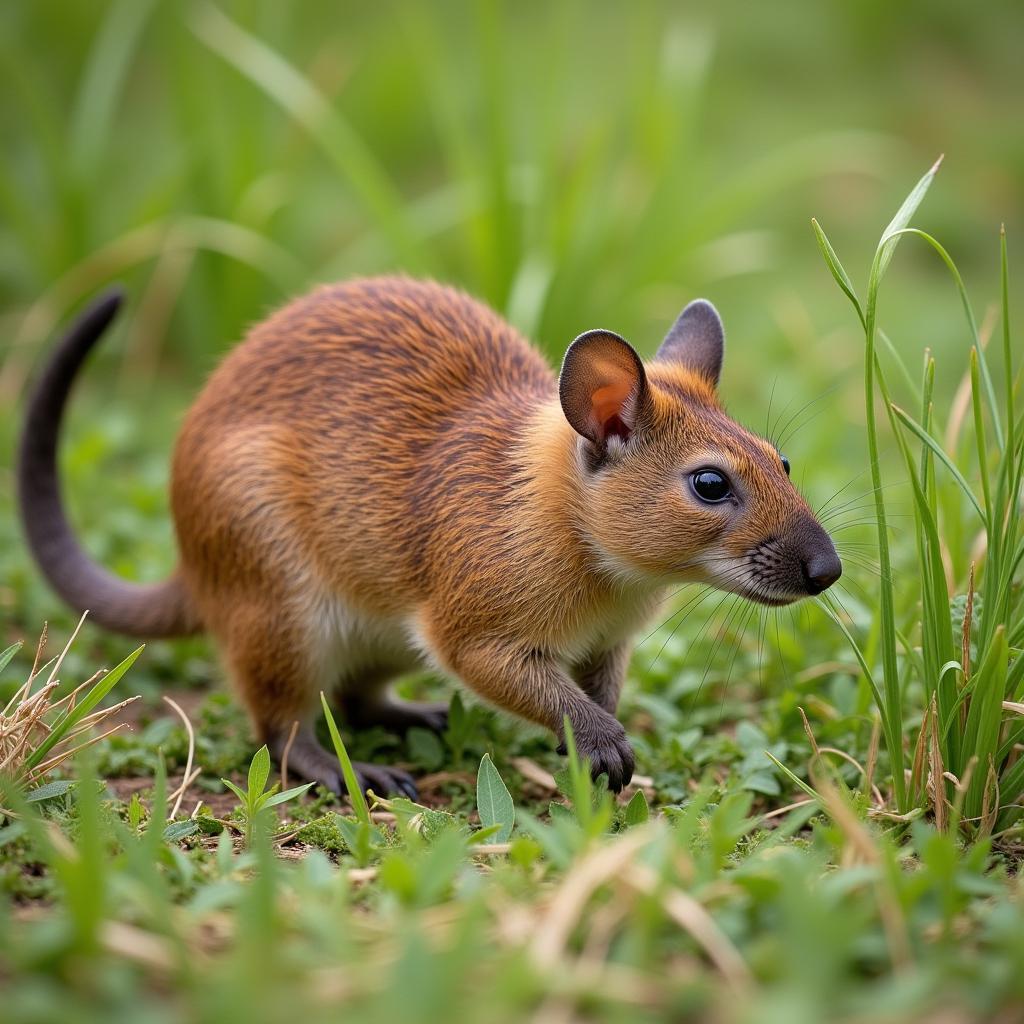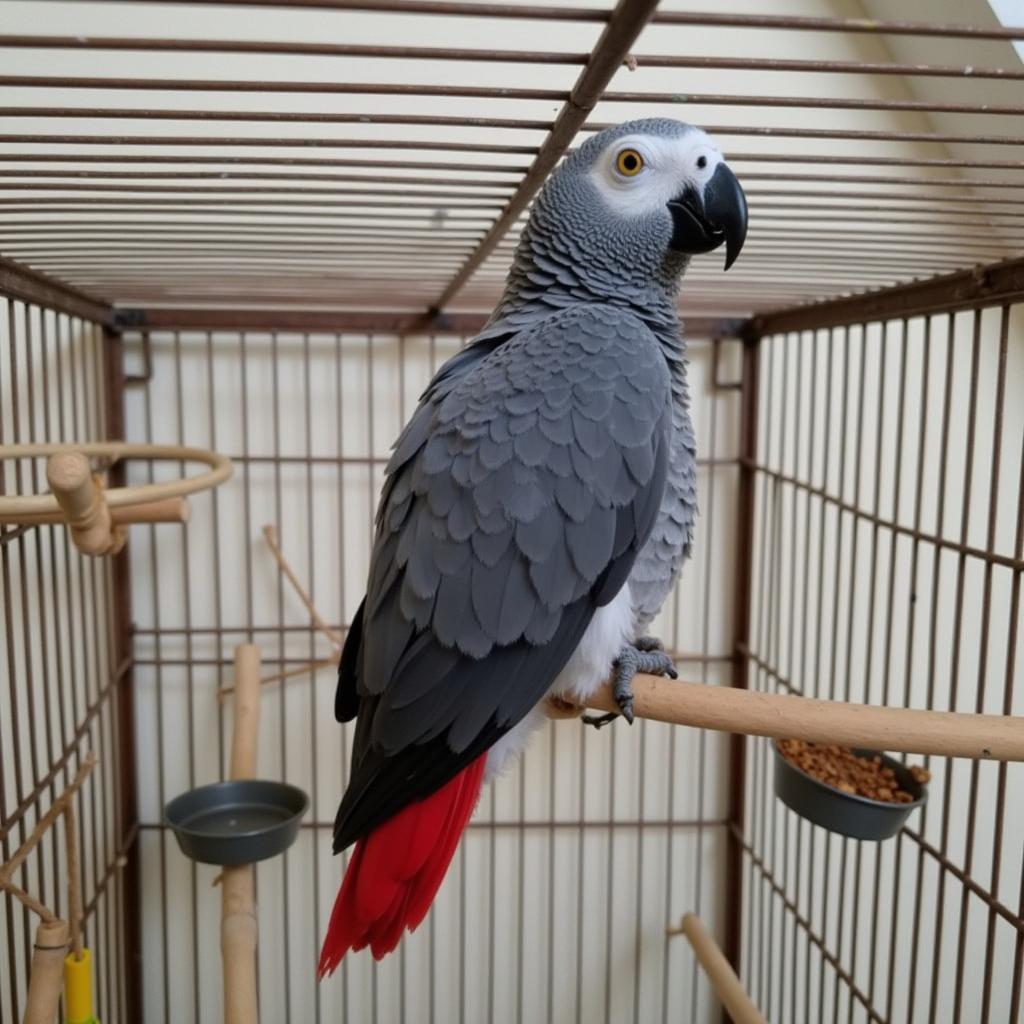The Majestic African King Crown: Symbols of Power and Tradition
African King Crowns are more than just ornate headwear; they are powerful symbols of authority, legitimacy, and spiritual connection. These crowns, varying widely in style and material across the continent’s diverse cultures, represent the history, traditions, and beliefs of the people they represent. From the intricate beadwork of the Zulu crowns to the golden grandeur of ancient Ghana, exploring the world of African king crowns offers a fascinating glimpse into the rich tapestry of African leadership.
A Symbol of Authority and Legitimacy
Across Africa, the crown has served as a visual representation of the king’s right to rule. It acts as a tangible link to ancestors, deities, and the very fabric of society. The act of crowning a new king is often steeped in ritual and ceremony, signifying the transfer of power and the divine mandate to lead. For example, the Yoruba beaded crown, known as the Ade, isn’t just a decorative piece; it’s a sacred object believed to connect the king to the Orishas, the divine forces of nature. The crown’s weight, often substantial due to the intricate beadwork and metal adornments, is a reminder of the responsibilities the king carries.
Materials and Craftsmanship: Reflecting Cultural Values
The materials used in creating African king crowns speak volumes about the specific culture and its resources. Gold, often used in West African crowns, like those of the Ashanti kings, symbolized wealth and power. african champions league winners In other regions, materials like beads, feathers, animal skins, and even shells were incorporated, each carrying its own symbolic meaning. The intricate craftsmanship involved in creating these crowns is a testament to the skill and artistry of African artisans. These crowns are not mere ornaments; they are works of art, passed down through generations and imbued with historical significance.
 Beaded Zulu King Crown
Beaded Zulu King Crown
What Makes Each Crown Unique?
Each African king crown is unique, reflecting the specific customs and traditions of its respective kingdom or tribe. The shapes, colors, and materials used all tell a story. The tall, conical crowns of some East African kingdoms signify a connection to the heavens, while the more rounded crowns of some West African groups might symbolize community and unity. Even the specific patterns and symbols incorporated into the crown’s design often have deep cultural meanings.
The African Crowned Eagle and its Symbolic Connection to Royalty
The african crowned eagle attacking humans is a powerful and majestic bird, often seen as a symbol of royalty and power in some African cultures. Its strength and grace have led to its association with leadership and divine authority.
“The crown isn’t simply an object; it’s an embodiment of history, spirituality, and the very essence of leadership,” says Dr. Adebayo Olajide, a renowned scholar of African history and culture.
How Have African King Crowns Evolved Over Time?
While traditional designs and materials continue to hold immense significance, the influence of other cultures and historical events can be seen in the evolution of some African king crowns. The introduction of new materials, such as European beads and metals, has led to new stylistic variations. However, the core symbolic meaning of the crown as a representation of power and authority remains constant.
African Headwear: Beyond the Crown
African headwear encompasses a wide range of styles and meanings, from the elaborate headdresses of traditional ceremonies to everyday headwraps that signify cultural identity and status. Exploring the diverse world of african headwear offers a deeper understanding of the significance of adornment in African cultures. You can explore different African hairstyles too, such as african american bohemian hairstyles.
“The crown remains a potent symbol of leadership, connecting the past with the present and embodying the hopes and aspirations of the people,” explains Professor Chinua Achebe, a leading expert on African traditional governance.
The African king crown remains a powerful symbol of tradition, authority, and spiritual connection. By studying these crowns, we gain a deeper appreciation for the rich history and diverse cultures of the African continent. The African king crown is not just a piece of headwear; it is a testament to the enduring legacy of African leadership.
FAQ
-
What is the most common material used in African king crowns? Materials vary greatly depending on the region and culture, but gold, beads, feathers, and animal skins are commonly used.
-
Are African king crowns still used today? Yes, in many parts of Africa, traditional crowns are still used in important ceremonies and cultural events.
-
What does the Ade, the Yoruba beaded crown, symbolize? The Ade represents the connection between the king and the Orishas, the divine forces of nature.
-
Where can I learn more about specific African king crowns? Museums, cultural centers, and online resources dedicated to African art and history are great places to start your research.
-
Why are African king crowns so important? They symbolize authority, legitimacy, spiritual connection, and the cultural heritage of a people.
If you need help or have any queries please contact us 24/7: Phone Number: +255768904061, Email: [email protected] or Visit us at: Mbarali DC Mawindi, Kangaga, Tanzania. We have a dedicated customer support team.
You might also be interested in reading more about our african blue crane itinerary 201902020.

